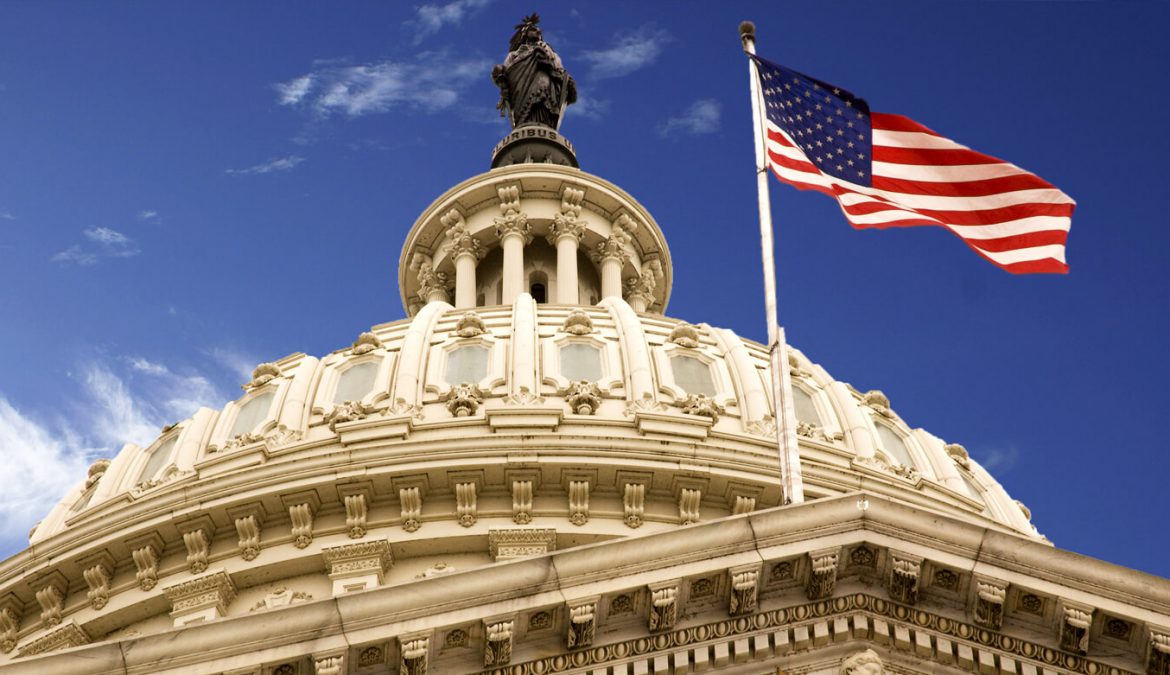- The Bill of Rights
The Bill of Rights is the first 10 amendments to the Constitution. When the Framers wrote the Constitution, they did not focus on individual rights. They focused on creating the system and structure of government. Many Americans believed that the Constitution should guarantee the rights of the people, and they wanted a list of all the things a government could not do. They were afraid that a strong government would take away the rights people won in the Revolutionary War. James Madison, one of the Framers of the Constitution, wrote a list of individual rights and limits on the government.
These rights appear in the first 10 amendments, called the Bill of Rights. Some of these rights include freedom of expression, the right to bear arms, freedom from search without warrant, freedom not to be tried twice for the same crime, the right to not testify against yourself, the right to a trial by a jury of your peers, the right to an attorney, and protection against excessive fines and unusual punishments. The Bill of Rights was ratified in 1791.
** As you prepare for U.S. citizenship, Learn About the United States: Quick Civics Lessons will help you study for the civics and English portions of the naturalization interview. There are 100 civics (history and government) questions on the naturalization test. During your naturalization interview, you will be asked up to 10 questions from the list of 100 questions. You must answer correctly six (6) of the 10 questions to pass the civics test.


